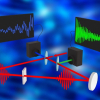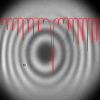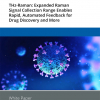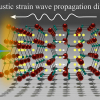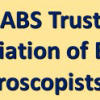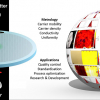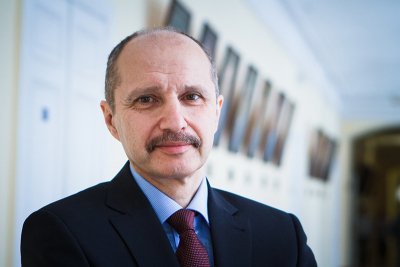
Scientists from the Tomsk State University (TSU) Laboratory of Biophotonics, Russia, and the University of the Littoral Opal Coast, France, have won a grant from the Ministry of Science and Higher Education of the Russian Federation for international research groups. Together they are designing a new approach to analysing which gases comprise the atmosphere using terahertz spectroscopy and AI. The new method can be used for ecological monitoring and controlling industrial pollution, and can help deter manmade, biogenic and terrorist threats.
“Operational control of molecular compounds on the border ‘water surface–atmosphere’ is a complicated technical task that does not yet have a solution. This information is vital to solving ecological problems, forecasting weather and studying climate”, said Yuri Kistenev, head of the TSU Laboratory of Biophotonics and head of the project on the Russian side. “Our goal is to develop a mobile terahertz spectrometer and a method of analysing chemical components in gas samples. We mean industrial exhaust as well as various compounds evaporating from the water surface.”
Scientists from the Laboratory of Atmosphere Physics and Chemistry of the University of the Littoral Opal Coast are responsible for building the high-resolution spectrometer. TSU scientists will develop the applications software for the new device, which is going to use new AI technologies.
“We are planning to test the new approach in Russia and in France”, says Yuri Kistenev. “In Dunkirk, where the main office of the University of the Littoral Opal Coast is located, we’ll test the gas samples on the industrial plant. In Russia, we plan to test the technology in the wetlands of Western Siberia. Here AI will identify chemical elements evaporating from the water surface.”
The developers note that aside from pollution control and ecological monitoring, the device can be used in product quality control by analysing the gas fractions, finding potentially dangerous chemicals in gases and performing analysis for forensics. The amount of government funding is 30 million roubles, and the projects will last two years.


